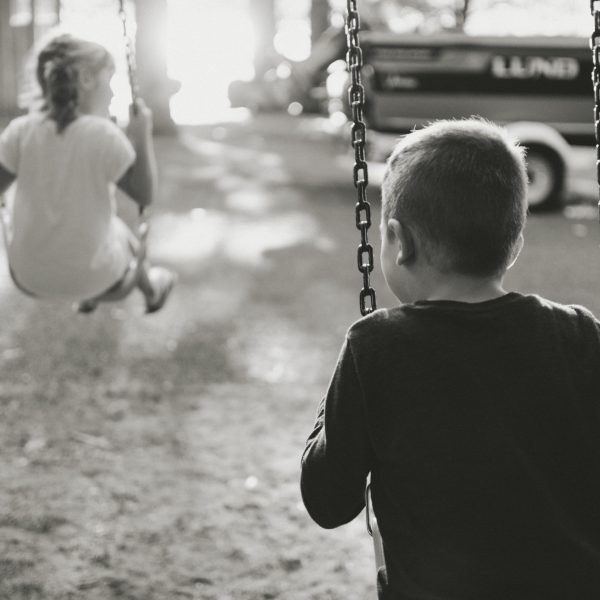Danish study shows childhood adversity increases the risk of a shorter lifespan

Many of those working in the early childhood education and care sector are familiar with the role that early childhood development plays in lifelong health outcomes, with adverse childhood experiences impacting on physical and cognitive development.
Researchers from the University of Copenhagen have now shown that adversity in childhood also increases the risk of premature death in early adulthood (16-36 years of age).
Studying one million Danish children, the researchers examined the correlation between social and stressful adversity in early life and subsequent life trajectories.
Social adversity is defined as financial poverty or long-term unemployment in the family, while stressful adversity includes e.g. death of a parent, divorce or alcohol/drug abuse among the parents.
“We divided the children into five groups depending on the degree of adversity experienced in childhood. The more stressful experiences they have experienced during childhood, the higher the mortality rate in early adulthood. For the most vulnerable children, the mortality rate is surprisingly 4.5 times higher,” Professor Naja Hulvej Rod from the Department of Public Health said.
Although much of the higher mortality rate manifests as a result of suicide and accidents, the study also showed a higher risk of dying from cancer in this group.
The results of the study, researchers said, emphasise the critical importance of broad structural public-health initiatives to reduce stressful adversity in childhood, such as the prevention of childhood poverty and other adversity in childhood. With time, this may help reduce social inequality in health.
Authors noted the “striking” connection between adversity in childhood and mortality in the context of Denmark, which is considered by many to be an example of strong social supports, and a country which promotes financial stability among families with young children and to minimise social adversity.
“From an international perspective, you may worry that these associations are even stronger in a less extensive welfare system,” Professor Naja Hulvej Rod said.
The study is the first of its kind on a global basis, with the size of the study making it possible for the researchers to study the associations between incidents of social and stressful adversity throughout childhood and how it affects mortality rates among young adults.
To read the findings in full, please see here.
Popular

Workforce
Policy
Quality
Practice
Provider
Research
ECEC must change now, our children can’t wait for another inquiry
2025-07-02 07:47:14
by Fiona Alston

Events News
Workforce
Marketplace
Practice
Quality
Provider
Research
An exclusive “Fireside Chat” with ECEC Champion Myra Geddes
2025-07-01 11:25:05
by Fiona Alston

Workforce
Practice
Provider
Quality
Research
Supporting successful transitions: Big moves, big feelings
2025-06-26 11:00:30
by Fiona Alston











